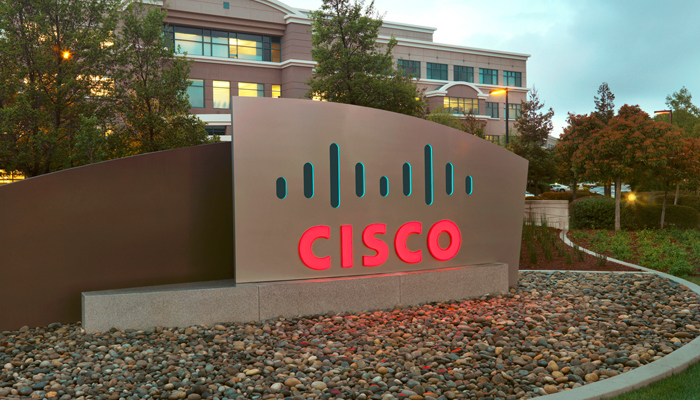
NEWS
09 Jun Meet the Exec Pushing Google to Fix Its Dismal Diversity
GOOGLE ISN’T GETTING very far. This week, the search giant released its latest diversity report detailing the demographics of its 53,600 full-time employees at the end of 2014. There’s been little progress despite a year’s worth of initiatives. Women still hold roughly one-fifth of the company’s tech jobs and leadership positions. African-Americans make up 2 percent of the company and Hispanics 3 percent, both unchanged from last year.08 Jun Tech’s “Frat Boy” Mentality Hurts Diversity
Vivek Wadhwa wrote an editorial in the Washington Post condemning Silicon Valley's elite boys club that excludes women and minorities. Wadhwa, a fellow at the Arthur & Toni Rembe Rock Center for Corporate Governance at Stanford University, also disliked venture capitalist Tom Perkins comparing the plight of the San Francisco super-rich with Jews during Kristallnacht. The comment in the Wall Street Journal received such a negative reactions, his investment firm Kleiner Perkins tweeted that it didn't agree with what he said.05 Jun Diversity accelerator gets Knight funding
Digital Grass, a social impact group and diversity accelerator, will expand its programs and services to help close the diversity gap across South Florida’s tech and innovation community. It received $75,000 in support from the John S. and James L. Knight Foundation. Digital Grass provides minority, women and LGBT-owned startups and established companies with access to mentors, financial investors, symposiums and other business development tools. It also offers peer matchmaking assistance for established companies interested in participating in diversity inclusion. “We’ve taken a pressing topic in America and made it a focus in South Florida to show the power and benefits of diversity inclusion in technology and innovation,” said Michael Hall, co-founder of Digital Grass.05 Jun For SAP Canada COO Leagh Turner Tech Workplace Diversity Is Personal
Joining SAP as an account executive in 2008, Leagh Turner brings a long history of thinking about customer engagement to her current role as Chief Operating Officer in the Toronto office. Today, SAP is facing the same challenges as every other technology company in the world, with globalization dictating the need for a company’s workforce to resemble not only its existing customers, but new ones too.05 Jun Entrepreneurs Share How and Why to Increase Diversity in Tech
Change seems inevitable for the technology scene as more voices take up the cause of gender and ethnic diversity—but numerous hurdles persist. Predicting what New York’s tech scene will look like in 2020 was the focus of a panel chat during the Internet Week New York...





